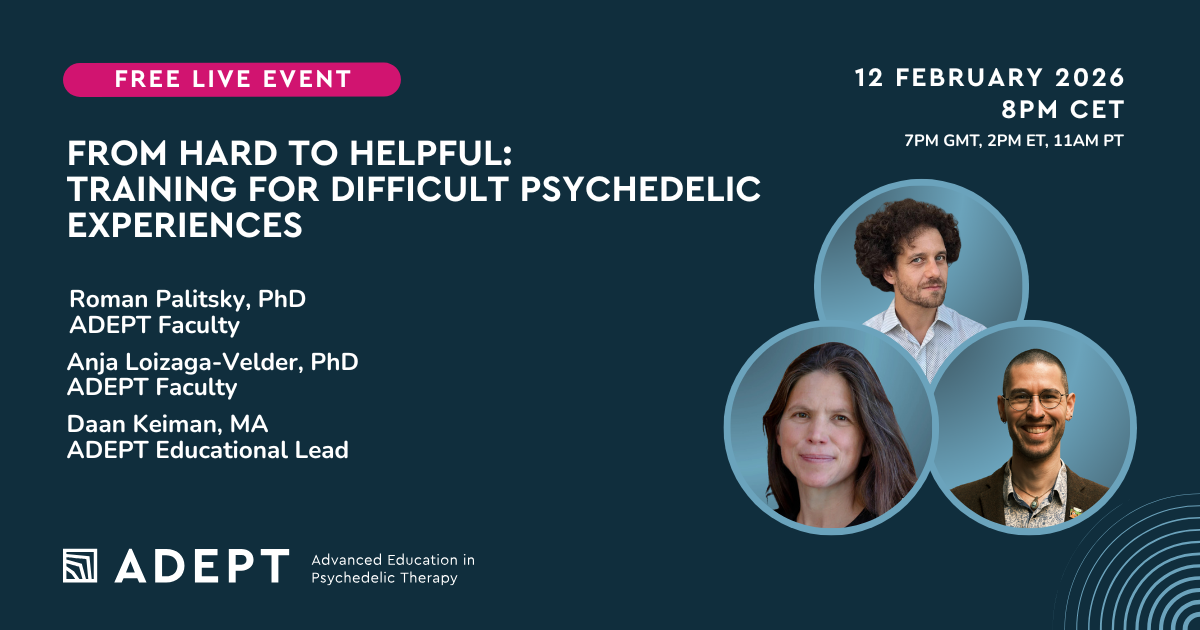Abstract
WHAT IS KNOWN ON THE SUBJECT?: Novel psychoactive substances (NPS) include synthetic drugs mimicking the effects of illicit drugs, e.g. synthetic cannabinoids, and herbs such as Salvia divinorum. NPS are substances that can trigger hallucinations and other effects altering the mind, and are currently uncontrolled by the United Nations’ 1961 Narcotic Drugs/1971 Psychotropic Substances Conventions. NPS affect brain chemistry that induces the psychoactive effects, such as hallucinations and feeling ‘high’. It is unknown what effects such drugs have on people with severe mental illness (i.e. psychotic illnesses).
WHAT THIS PAPER ADDS TO EXISTING KNOWLEDGE?: Our review demonstrates that little is known about the effects of various NPS on people with severe mental illness. Almost nothing is known about the long-term consequences of NPS use on the mental and physical health of SMI patients. Patients may lack understanding that NPS are psychoactive drugs that can impact on their mental and physical wellbeing.
WHAT ARE THE IMPLICATIONS FOR PRACTICE?: Some patients might be reluctant or do not think it is relevant to disclose NPS use. Commonly used illicit drug screening is unlikely to detect the presence of NPS, therefore health and mental health professionals should directly enquire about NPS and actively encourage patients with severe mental illness to disclose any substance use.
PATIENT AND PUBLIC INVOLVEMENT IN THE RESEARCH: There was no significant patient and public involvement in the development and conduct of this study .
ABSTRACT: Introduction Novel psychoactive substances (NPS) are synthetic substances that have been developed to produce altered states of consciousness and perceptions. People with severe mental illness (SMI) are more likely to use NPS than people without mental illness, but the short- and long-term effects of NPS are largely unknown. Method We systematically reviewed the literature about the effects of NPS on people with SMI. Results We included 12 case reports, 1 cross-sectional survey and 1 qualitative study. Participants included mostly males aged between 20 and 35 years. A variety of NPS were used, including synthetic cathinones and herbs such as Salvia. The most commonly reported effects of NPS were psychotic symptoms (in some cases novel in form and content to the patients’ usual symptoms) and significant changes in behaviour, including agitation, aggression and violence. Patients’ vital signs, such as blood pressure, pulse rate and temperature, were also commonly affected.
CONCLUSION: NPS potentially have serious effects on people with SMI, but our findings have limited generalizability due to a reliance on case studies. There is a paucity of evidence about the long-term effects of these substances. Further research is required to provide a better understanding about how different NPS affect patients’ mental and physical health.
Gray, R., Bressington, D., Hughes, E., & Ivanecka, A. (2016). A systematic review of the effects of novel psychoactive substances ‘legal highs’ on people with severe mental illness. Journal of Psychiatric and Mental Health Nursing. http://dx.doi.org/10.1111/jpm.12297











